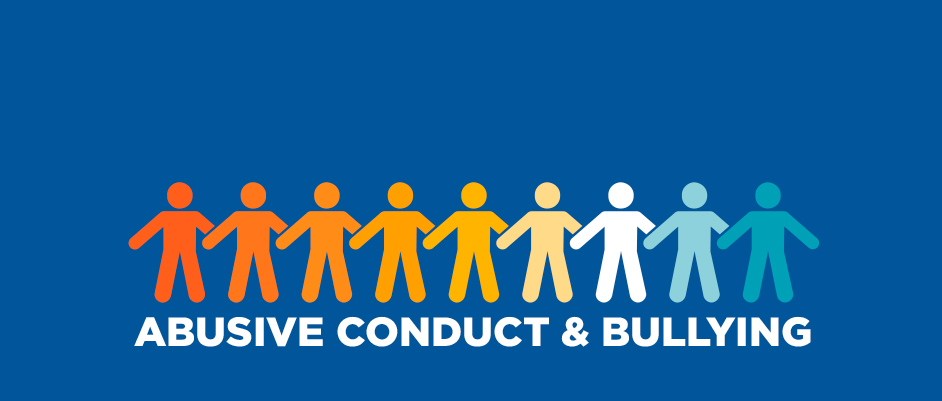

What Abusive Conduct Is Not
How Abusive Conduct Differs From Performance Management
UCI’s ACHIEVE Staff Performance Program for non-represented staff is a process that sets clear expectations and goals, provides the resources needed to meet them, monitors progress, and offers constructive feedback.
Abusive conduct may include tactics that turn effective performance management upside down – such as being unclear about (or frequently shifting) goals, denying access to resources, ignoring or over-monitoring progress, and giving feedback in an insincere or disrespectful manner.
How Abusive Conduct Differs From Harassment/Discrimination
Harassment is a type of illegal discrimination and is defined as offensive and unwelcome conduct, serious enough to adversely affect the terms and conditions of a person’s employment, which occurs because of the person’s protected class. Protected classes, under UCI policy, include race, color, national origin, religion, sex, gender identity, pregnancy, physical or mental disability, medical condition (cancer-related or genetic characteristics), genetic information (including family medical history), ancestry, marital status, age, sexual orientation, citizenship, or services in the uniformed services as defined by the Uniformed Services Employment and Reemployment Act of 1994.
Abusive conduct frequently occurs without consideration or awareness of the target’s membership in a protected class.
(For more information about sexual harassment, please visit the Title IX Office website. For more information on discrimination, please visit the Office of Equal Opportunity and Diversity.)
How Abusive Conduct Differs From Retaliation
Retaliation is an adverse action taken against an individual based on their report of Abusive Conduct or participation in an investigation or other resolution process provided for in this policy. An adverse action is conduct that would discourage reporting Abusive Conduct or participating in a process provided for in this policy, and includes but is not limited to threats, intimidation, or coercion.
Abusive conduct often occurs independent of any formal complaint or apparent provocation on the target’s part.